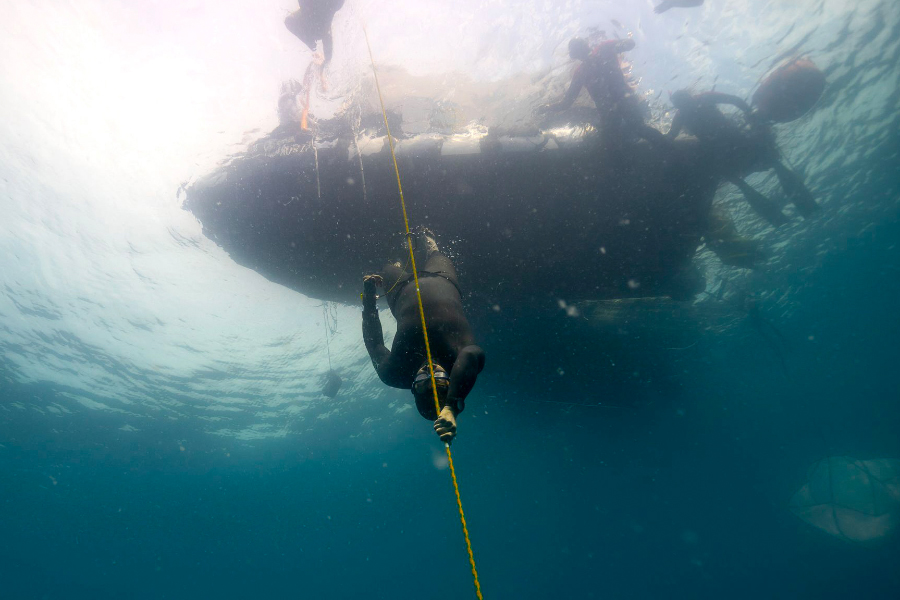
Image Source: apneaboom.com
Unfathomable depths, mesmerizing silence, and an unparalleled sense of freedom – that’s the alluring realm of freediving. But amid the allure of the deep blue, it’s easy to forget one crucial aspect that often begins away from the ocean’s edge – your diet. The foods and beverages you consume significantly influence your ability to explore underwater worlds. Understanding the connection between your diet and freediving performance can be the difference between an ordinary and an extraordinary freediving experience. In this article, we will explore dietary considerations that can affect your freediving journey.
Debunking the Mucus Myth
There’s a long-standing belief in the freediving community that dairy products increase mucus production, leading to difficulties in equalizing and reducing breath-hold capacity. However, let’s unravel this mucus dilemma. While dairy products can make mucus feel thicker, they don’t actually increase mucus production. So, consider moderating your dairy intake before diving for a more comfortable underwater experience.
Spotlight on Inflammation-Inducing Foods
Inflammation can undermine your body’s peak performance, affecting everything from mobility to oxygen utilization, an essential aspect for freedivers. Foods laden with refined sugars, trans fats, and excessive salt are known inflammation culprits. Replace these with a diet rich in fruits, vegetables, lean proteins, and whole grains to keep inflammation at bay and improve your diving performance.
The Art of Digestion
Maintaining a healthy digestive system is vital for sustaining energy levels and avoiding unnecessary discomfort during a dive. Consuming a diet rich in fibrous foods like fruits, vegetables, and whole grains can enhance your digestion. Remember, it’s preferable to consume smaller, more frequent meals rather than large, heavy ones to ensure a comfortable dive.
Foods That Fuel Your Heart Rate
Certain foods and beverages can quicken your heart rate, leading to faster oxygen consumption – not ideal for freedivers seeking to extend their breath-hold times. Caffeinated drinks, spicy foods, and high-sodium foods are usual suspects here. It’s recommended to limit your consumption of these items, especially prior to a dive.
Diving into Supplements
Supplements can serve as valuable allies in your freediving nutrition strategy. Omega-3 fatty acids and antioxidants can support cardiovascular health and reduce oxidative stress, potentially improving breath-hold times. Beetroot juice, packed with nitrates, can also enhance oxygen efficiency. However, supplements should complement a balanced diet and not be seen as a replacement.
The journey from your kitchen to the ocean depths is a testament to the profound influence diet has on your freediving adventure. But it’s essential to remember that we’re all unique, and what benefits one diver might not work as well for another. It’s always a good idea to listen to your body, conduct your own research, and consult health professionals to develop the dietary plan that best suits your freediving goals.
So, as you fill your plate with nourishing foods to fuel your next dive, don’t forget about the other essential part of training – practice. Come to train dynamic apnea with us! The mystical depths of the ocean are waiting for you.







